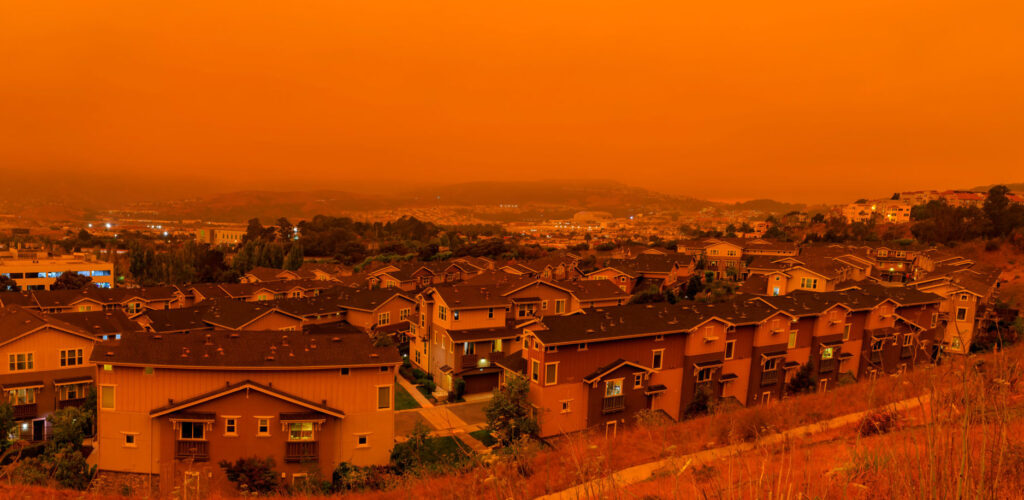Vice ignores history to blame wildfires on climate change
November 4, 2021
Vice is making the error of blaming wildfires on the increasing heat of climate change. It’s entirely true that the things which stem from wildfires – damage to humans and wildlife, migration patterns of both and so on – are large, even severe. But any reporting on the subject needs to get the original cause correct. For only once we know the reason something is happening can we craft a solution.
It is fashionable to blame everything on climate change, which is what Vice does:
“The B.C. Wildfire Service is still investigating what caused the wildfire that devastated Lytton, but no one’s doubting the hot temperatures (Canada’s hottest ever) created unsafe conditions. Experts, often wary of attributing any one weather event to climate change, made the explicit connection this year during the heat wave.
“This is consistent with what climate change will continue to do to our province,” said CBC meteorologist Johanna Wagstaffe, warning that extreme heat waves will become more common and come earlier in the year.”
Except that’s not what the B.C. government itself says about the causes of wildfires:
Wildfire Causes
For a wildfire to ignite and burn sufficient of the following three elements need to be present in combination:
-
Fuel in the form of live or dead trees, vegetation and other organic matter;
-
Oxygen in the air around us;
-
Heat to ignite and burn, from lightning or human sources.
Note that air and environmental temperature are not part of the cause. The buildup of dead wood and fuel is.
The major point being that First Nations, for Canada, and Native Americans, for the U.S., had a forest and wild areas management system. Which was the setting, deliberately, of low-level fires so as to clear the underbrush. Policy for the past 50 to 80 years has been to suppress all fires. Thereby leading to the buildup of fuel and when fires do break out, as they eventually will, to much greater damage.
This is well enough known that even an organization like ProPublica understands it. It’s taught in college courses, even.
Vice is a significant media outlet. The TV station appears in 60 million households, the magazine sends out 900,000 copies. The YouTube channel has 6 million subscribers.
It is, of course, true that there are environmental problems out there. It’s also true that we’d like to solve them. This requires accurately defining what is causing each specific problem so a solution can be crafted. The problem with wildfires is not climate change, it’s the environmental policies of the past century. Vice owes its audience that correct explanation. For part of the media role is to educate, even to speak truth to power. Both of which require accuracy.
